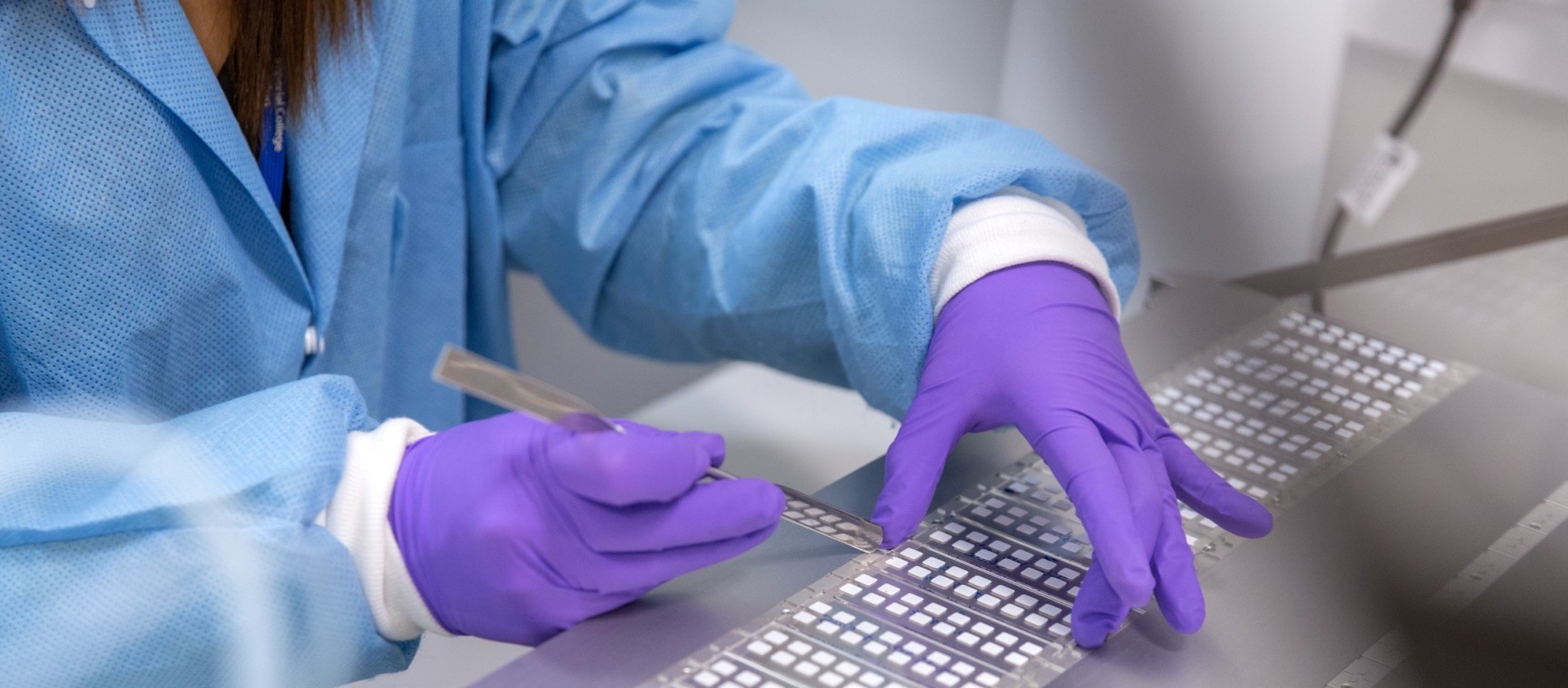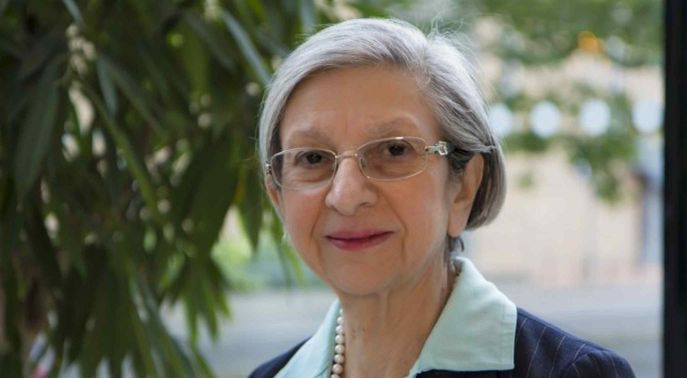
“Glycans play roles in innumerable biological processes and are involved in almost every major disease. The microarray technologies that we introduced have revolutionized the unravelling of glycan involvement in health and disease.”"
Professor Ten Feizi
Head of Section
We are a team with expertise in glycobiology, glyco-analytics, glyco-chemistry, glycoinformatics, and immunochemistry. Our mission is the elucidation of carbohydrate recognition systems of biological and medical importance. Our speciality is the discovery of glycan ligands for proteins involved in innate and acquired immunity and pathogen-host interactions, also the characterization of developmentally-regulated and cancer associated antigens. We have a library of carbohydrate materials currently one of the largest and most diverse worldwide and a state-of-the-art Carbohydrate Microarray Facility with a mass spectrometry laboratory for glycan sequencing. The Facility offers microarray screening analyses for carbohydrate-recognition systems and follow-on collaborations to the broad scientific community.
With a succession of Wellcome Trust Biomedical Resource Grant, the Facility, led by Dr Yan Liu, is now a cross-faculty collaboration driving the integration of functional glycomics research in the new era of biology and medicine.
In 2018 the Glycosciences Laboratory became a central element of the Imperial European Preterm Birth Research Centre Award from the March of Dimes. The role of the Glycosciences Laboratory is to determine the host-glycan binding signatures for pathogenic and commensal microbiota in the lower reproductive tract contributing to our understanding factors that contribute to preterm birth.
Head of Section of Glycosciences
Key studies and research groups
- Carbohydrate Microarray Facility
We offer screening analyses and follow-up collaborative studies of diverse carbohydrate recognition systems. - The March of Dimes Prematurity Research Centre at Imperial College London
We aim at characterization of glycan ligands for pathogenic and non-pathogenic bacteria in the lower reproductive tract of pregnant women with glycoprotein and glycan microarray studies - MRC project in collaboration with Stephen Sacks (King’s College London) “Characterizing the stress-associated glycan ligand for collectin-11 on renal tubular epithelial cells”
Our role is to discover glycan ligands for CL11 in the ischemic kidney, by the Beam Search array approach - NIH Commons fund GlyGen project “Data Integration and Analysis Tools - Accessible Resources for Integration and Analysis of Carbohydrate and Glycoconjugate Structural, Analytical, and Interaction”
Our goal is to integrate the newly developed glycan array software of the Glycosciences Laboratory with a central glycan microarray data repository being established so that the software becomes the main submission tool for glycan array data from different Laboratories. - BBSRC - Industrial Biotechnology Catalyst project “Chemo-enzymatic Production of Specialty Glycans”
Our role is to carry out microarray analyses of unnatural (fluoridated) glycan sequences synthesized chemically to identify molecules with unique inhibitory activities toward carbohydrate recognition systems.

Section leadership
Director of the Glycosciences Laboratory
Ten Feizi is a pioneer in assigning biological roles of oligosaccharide (glycan) sequences in developmental and disease-associated processes. Early in her career, she demonstrated that long-chain linear and branched glycan structures are antigenic backbones of the blood group antigens, attachment sites of Mycoplasma pneumoniae and targets of autoantibodies elicited during infection. This set the scene for wide appreciation of involvement of glycan structures of glycoproteins and glycolipids in recognition systems in physiology and pathology. She coined the term 'area codes' for glycan structures now widely used as cell-specific markers.
Ten is a fellow of the Royal Society and of the Academy of Medical Sciences. She is the recipient of the Outstanding Research Award of the American Society of Clinical Pathologists, the Rosalind Kornfeld Lifetime Achievement Award of the Society of Glycobiology and the Haworth Memorial Lectureship of the Royal Society of Chemistry.